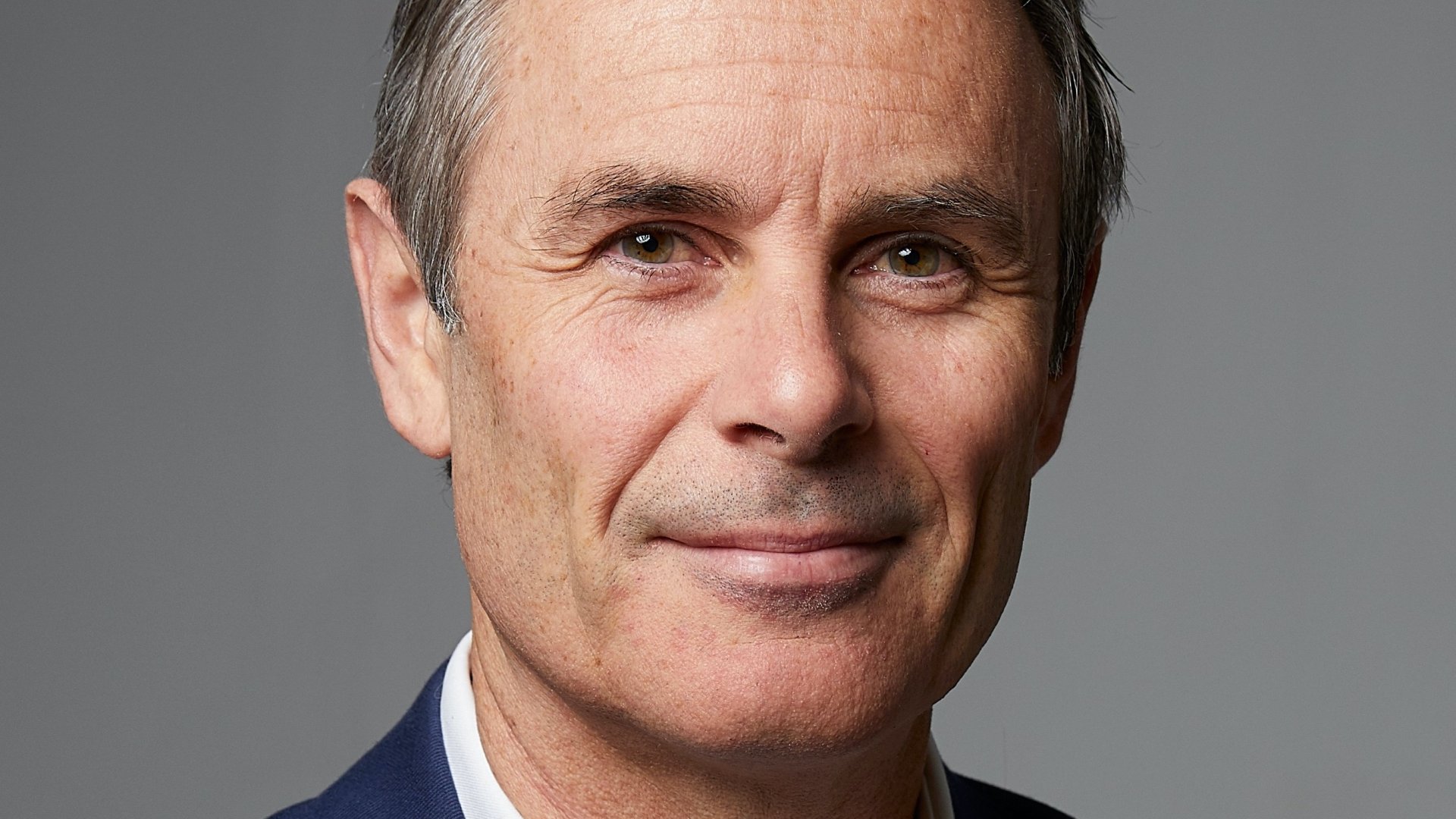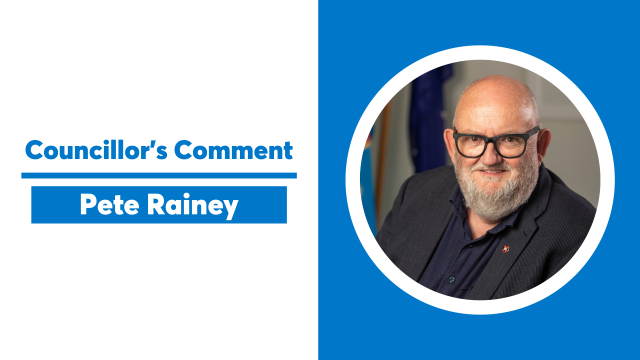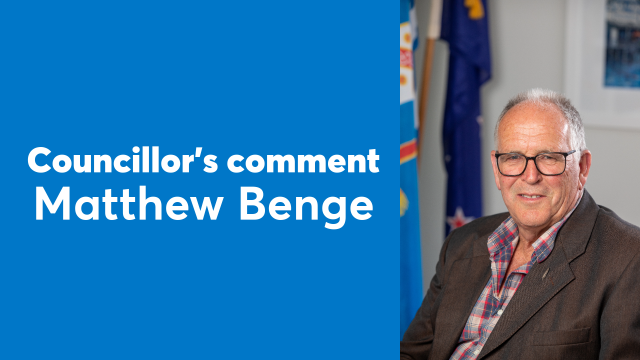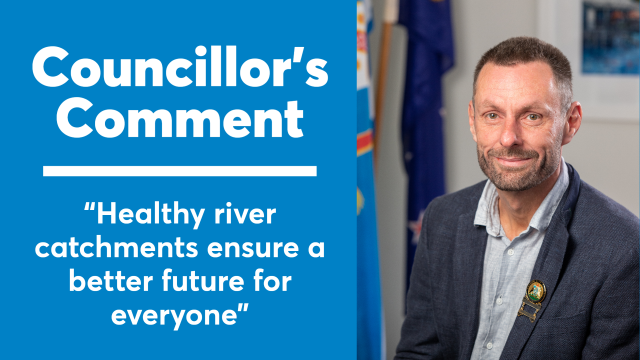Councillor's Comment: How we use public spaces a 'defining issue' for Nelson-Whakatū
29/06/2021 1:25am
Eighteen months into the decade and I would like to make a prediction writes Nelson City Councillor Matt Lawrey.
I predict that by the time we get to 2030, one of the defining issues of the era will have turned out to be how we use public spaces, including our roads.
Ever since the arrival of the privately owned motor vehicle, we have largely run our cities on two assumptions.
The first is that the privately-owned car is king and the second is that people should be allowed to store their car, their private property, on public land for free or a relatively modest sum.
In Nelson-Whakatū that public land includes our squares and our streets.
The way human beings become conditioned to things is an interesting business.
Few would question the way we let people store their cars on public land, but if you or I decided to start storing other possessions in the same space, like a garden shed or outdoor furniture, people would go nuts.
As the challenges of growth, congestion, and climate change hit home, however, people are beginning to question the logic behind giving cars special treatment.
It’s also becoming increasingly obvious that allowing people to use public space for the storage of their cars comes at a cost.
For Nelson-Whakatū, that cost includes the ability to create inner-city housing, parks, outdoor dining areas, play areas and better footpaths and bike lanes.
Why do I mention this? Well, it’s because the more we learn about the challenges we face, the clearer it’s becoming that the answers lie more in behaviour change than in spending billions on asphalt.
If we can make better use of our existing public spaces, we have a really good shot of better managing the impact of growth, reducing congestion and reducing our emissions without going broke.
The challenge, of course, will be convincing people that it’s in all of our interests to change the way we do a few things, including how some of us get around, where some of us live, and whether private property storage is the best use of large swathes of public land.
My hunch is the cities that best embrace change will be the ones that will be doing the best come 2030.
Hopefully, Nelson-Whakatū will be among them.




